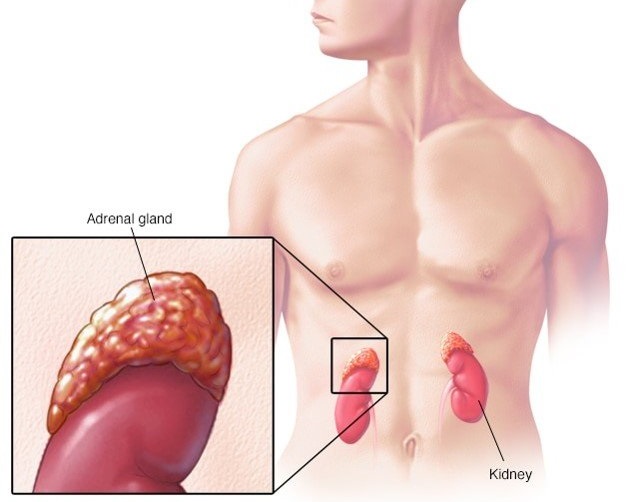What Happens in CAH?
In CAH, the adrenal glands don’t produce enough cortisol and aldosterone, leading to:
-
Imbalances in salt and fluids
-
Low blood pressure and dehydration risks
-
Early puberty and irregular growth patterns
-
Changes in reproductive development
The symptoms vary depending on the type and severity of CAH, but all require medical attention.
Diagnosis: Why Timing Matters
Detecting CAH early is essential. Most cases are discovered through newborn screening, which enables immediate treatment. Without early intervention, infants are at risk of life-threatening complications.
Treatment Approaches
The most common treatment is daily hormone replacement therapy, helping restore hormonal balance. Doctors also provide personalized care plans, which may involve:
-
Ongoing hormone monitoring
-
Stress-dose steroids during illness or surgery
-
Education for families on emergency management
Support Systems
Beyond medicine, individuals and families benefit from counseling and patient support groups. These resources help address emotional and social challenges, while encouraging resilience and confidence.
Looking Ahead
While CAH cannot be cured, effective treatment allows individuals to grow, learn, and thrive. With proper care and awareness, life with CAH can be filled with health, opportunity, and hope.

